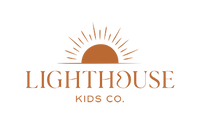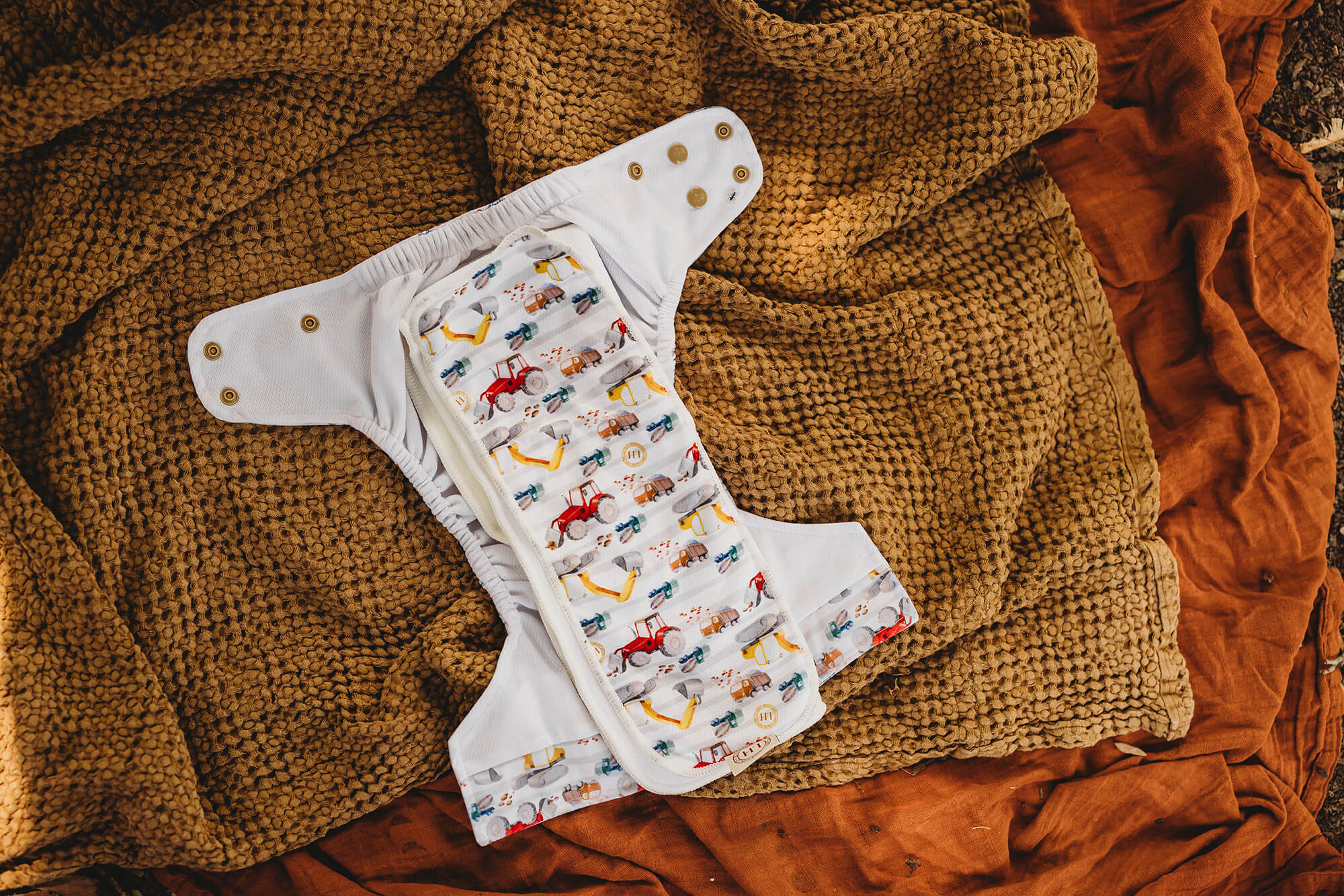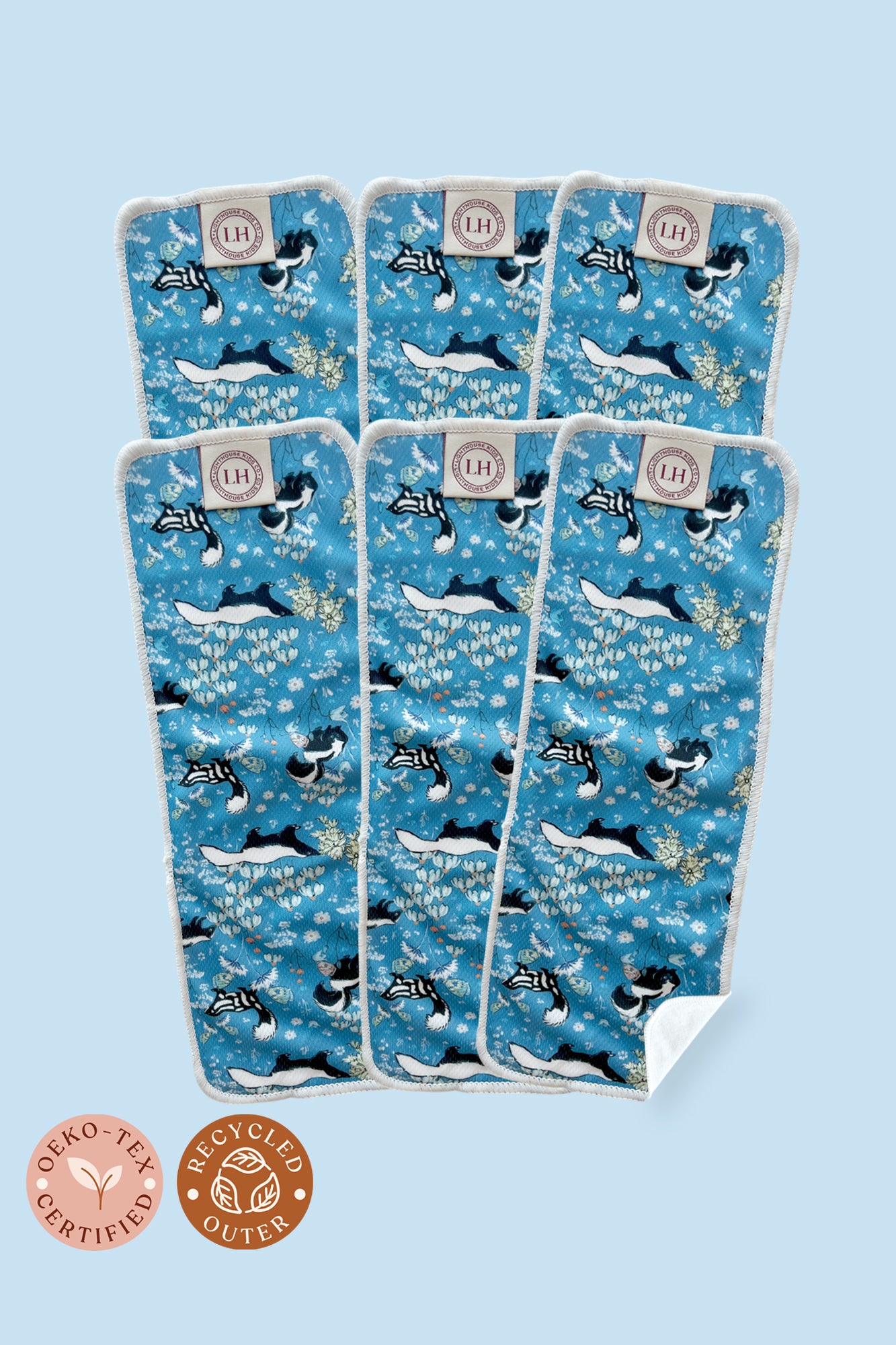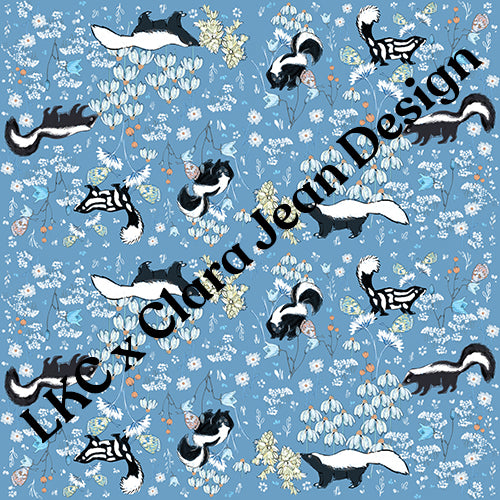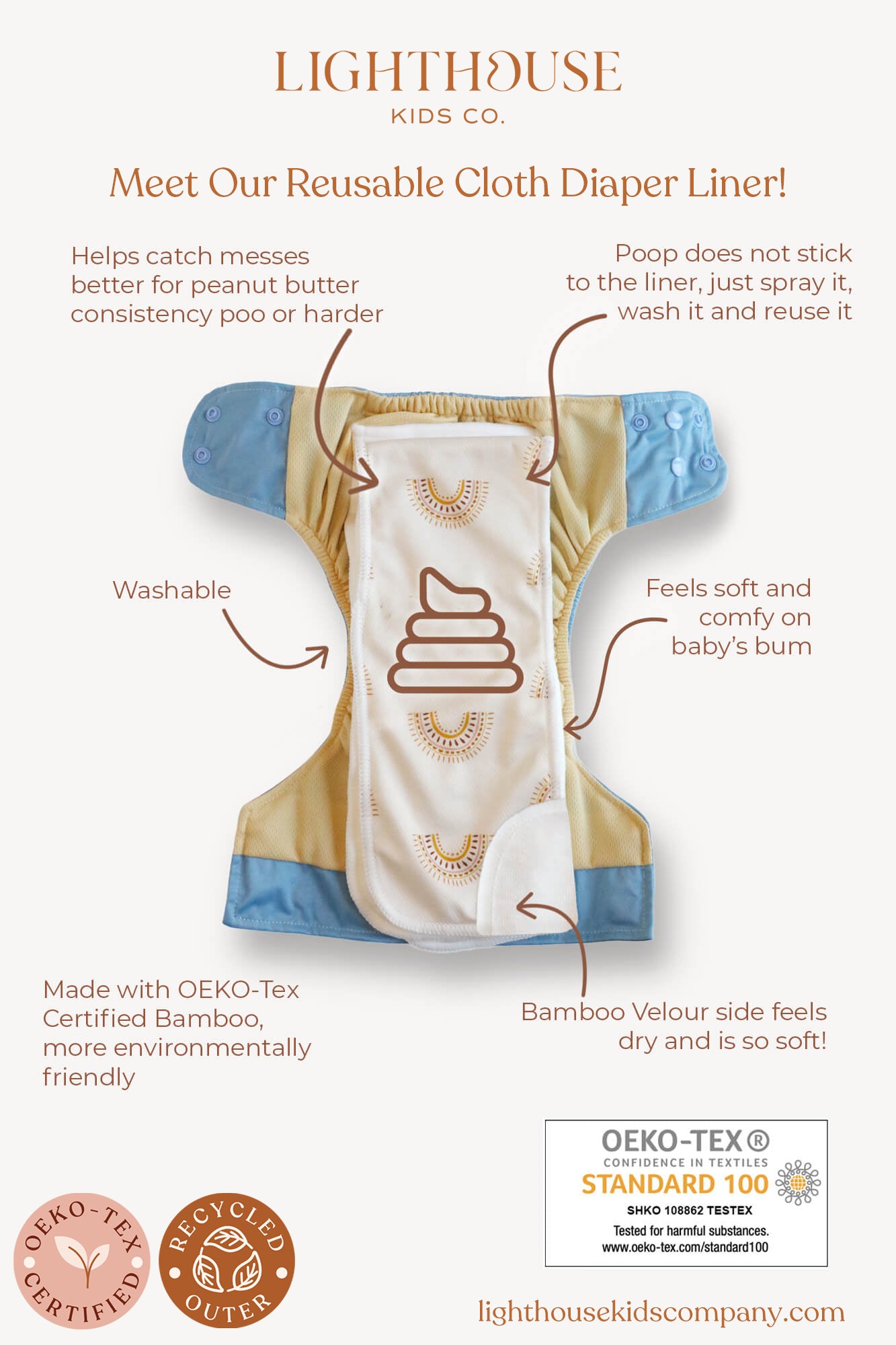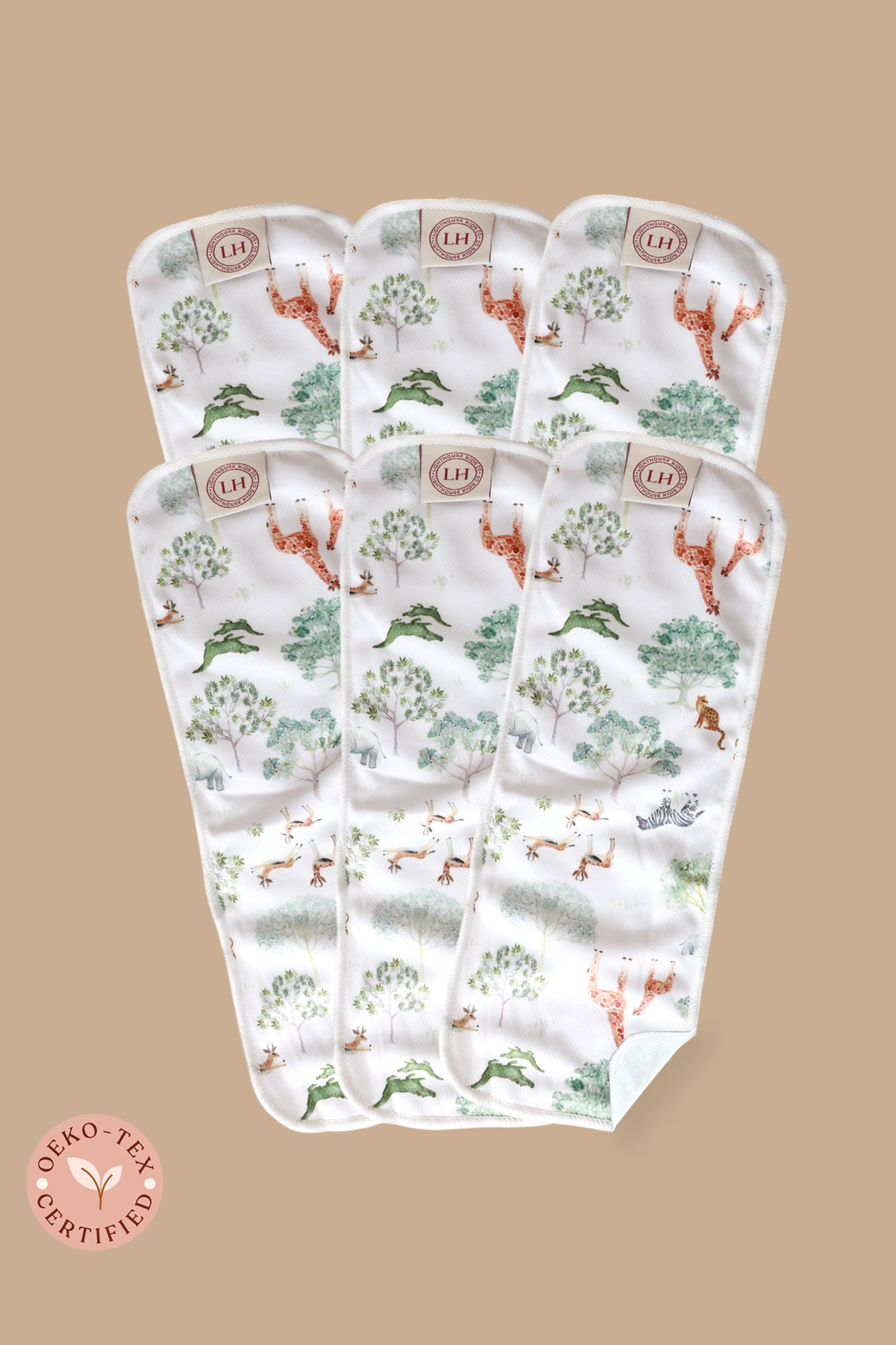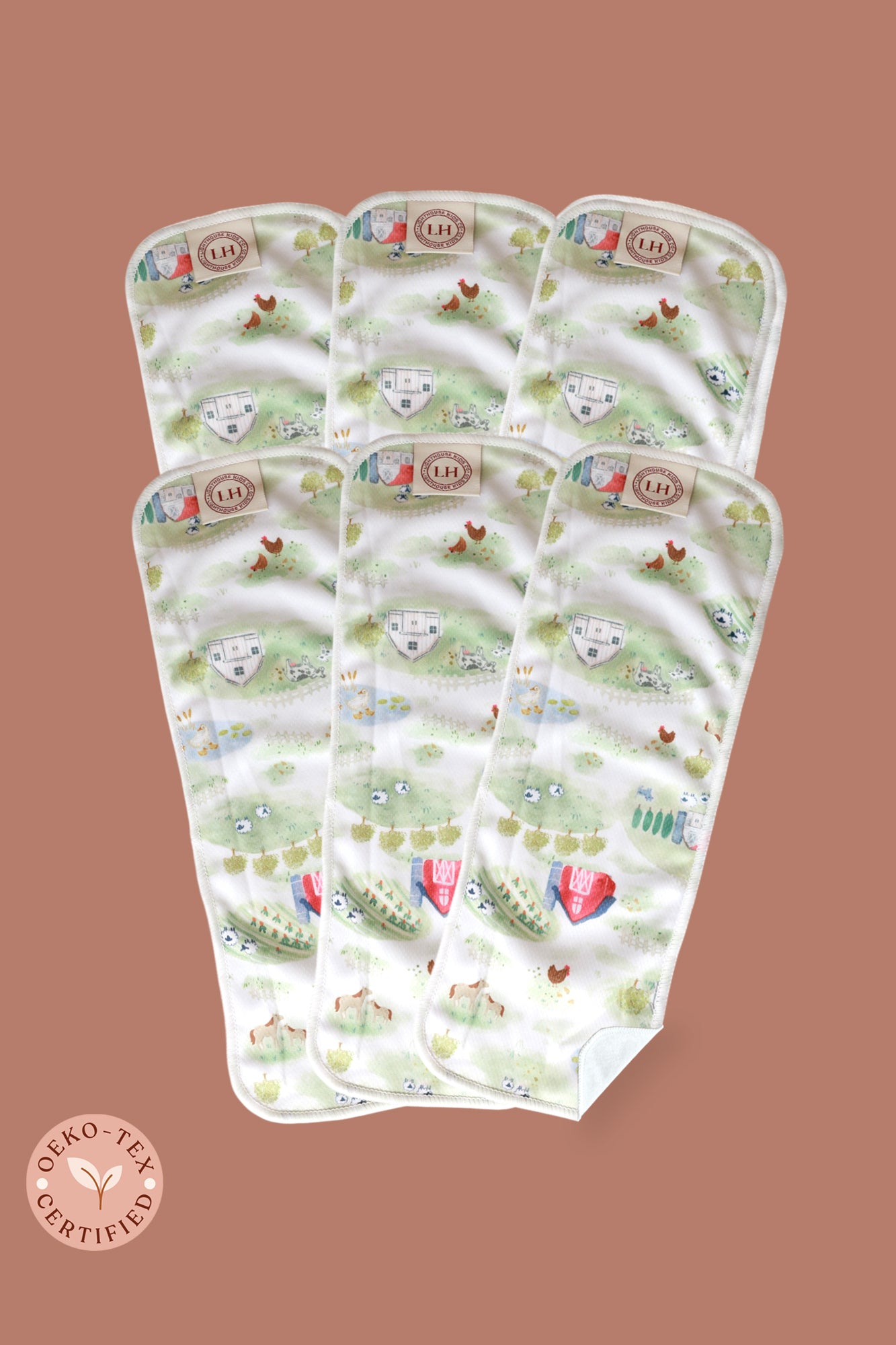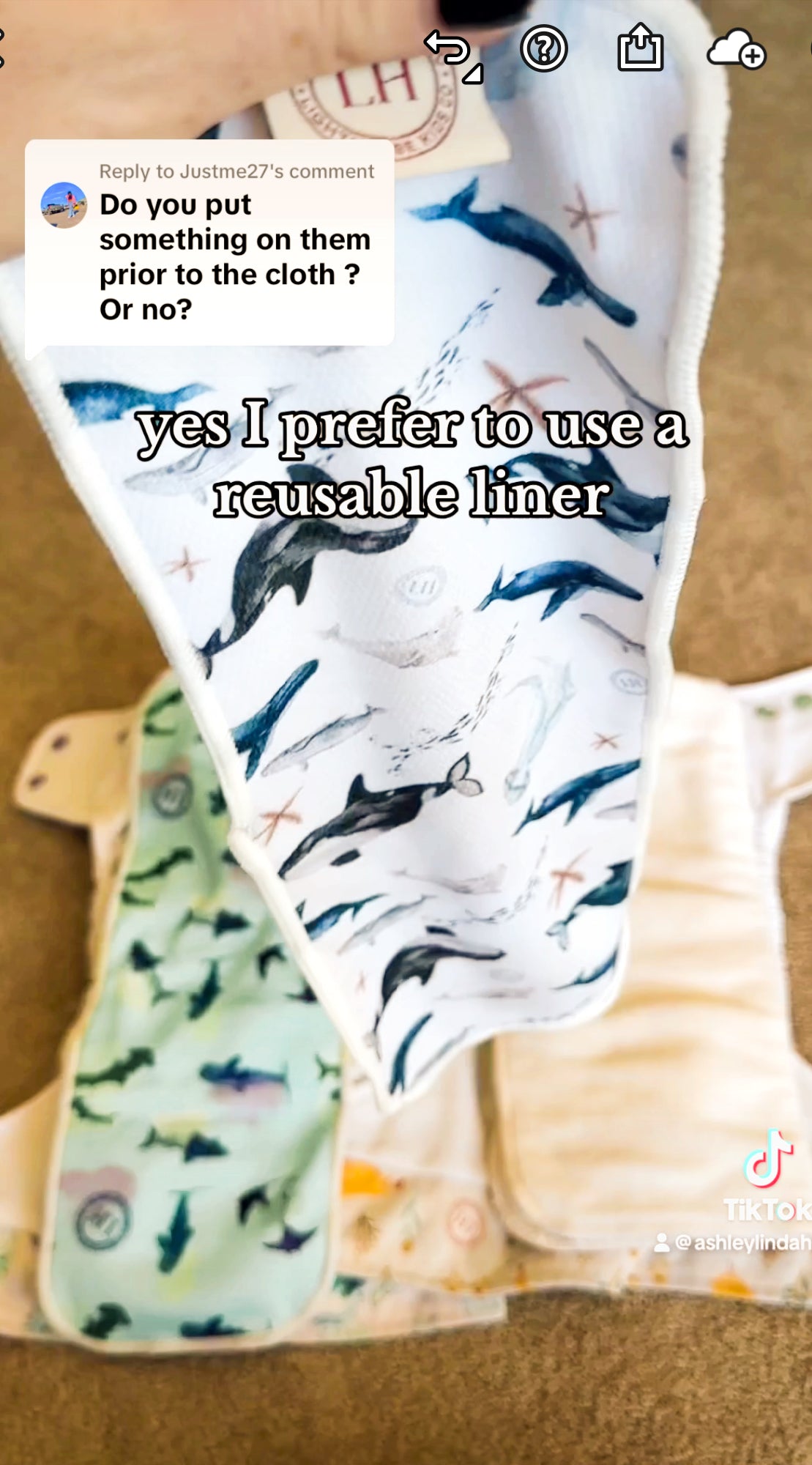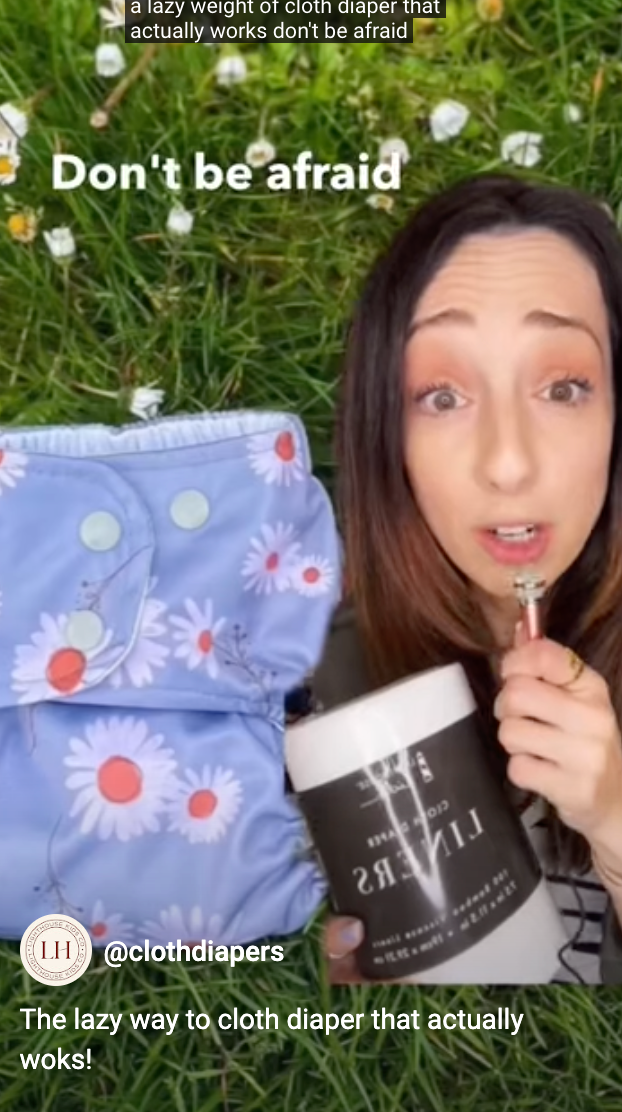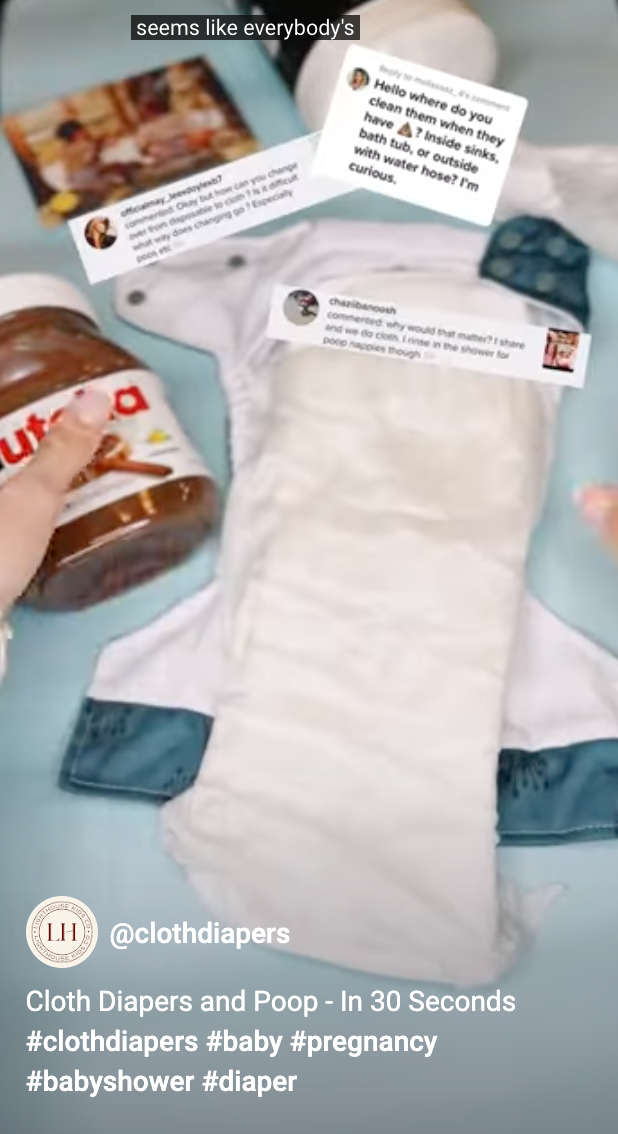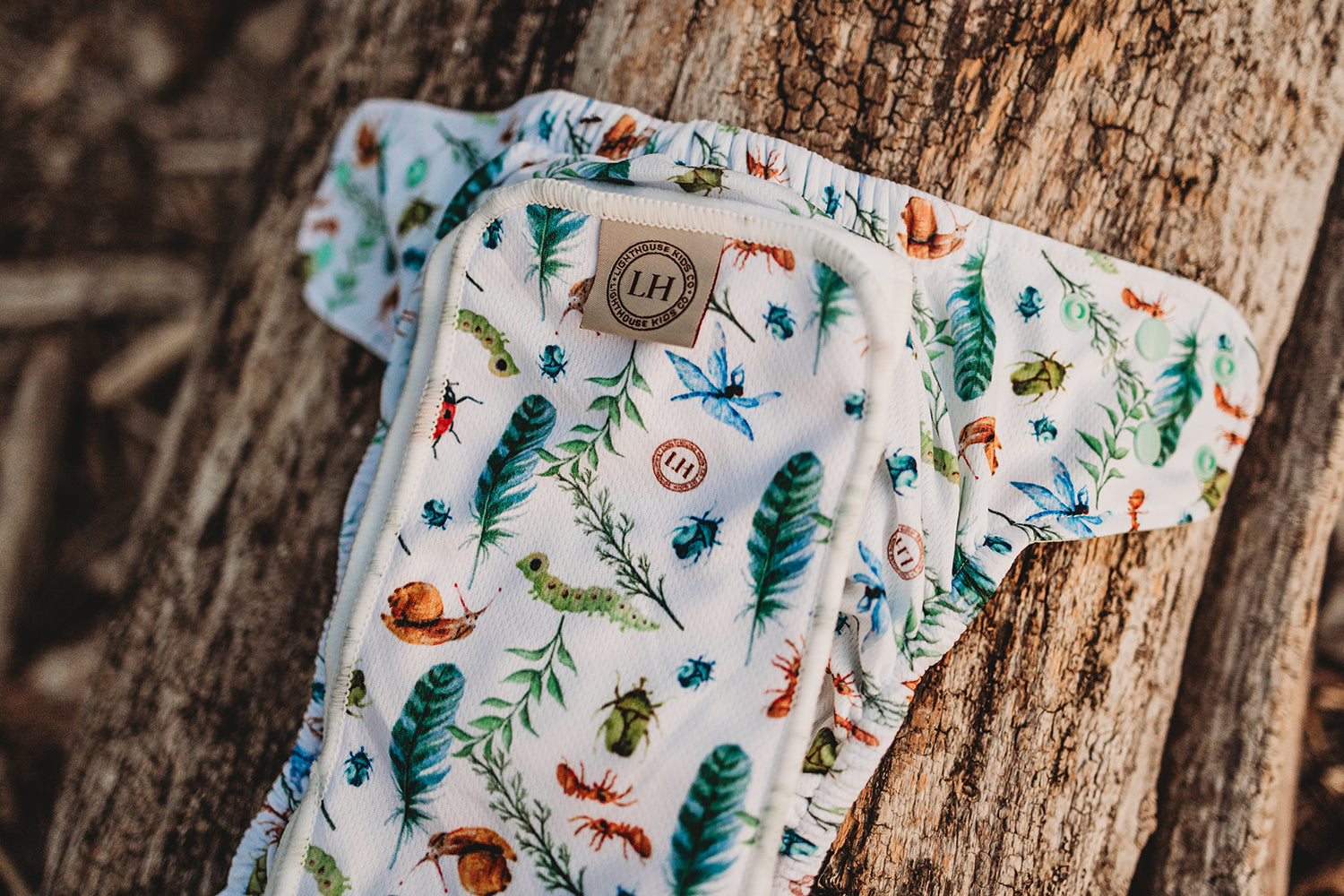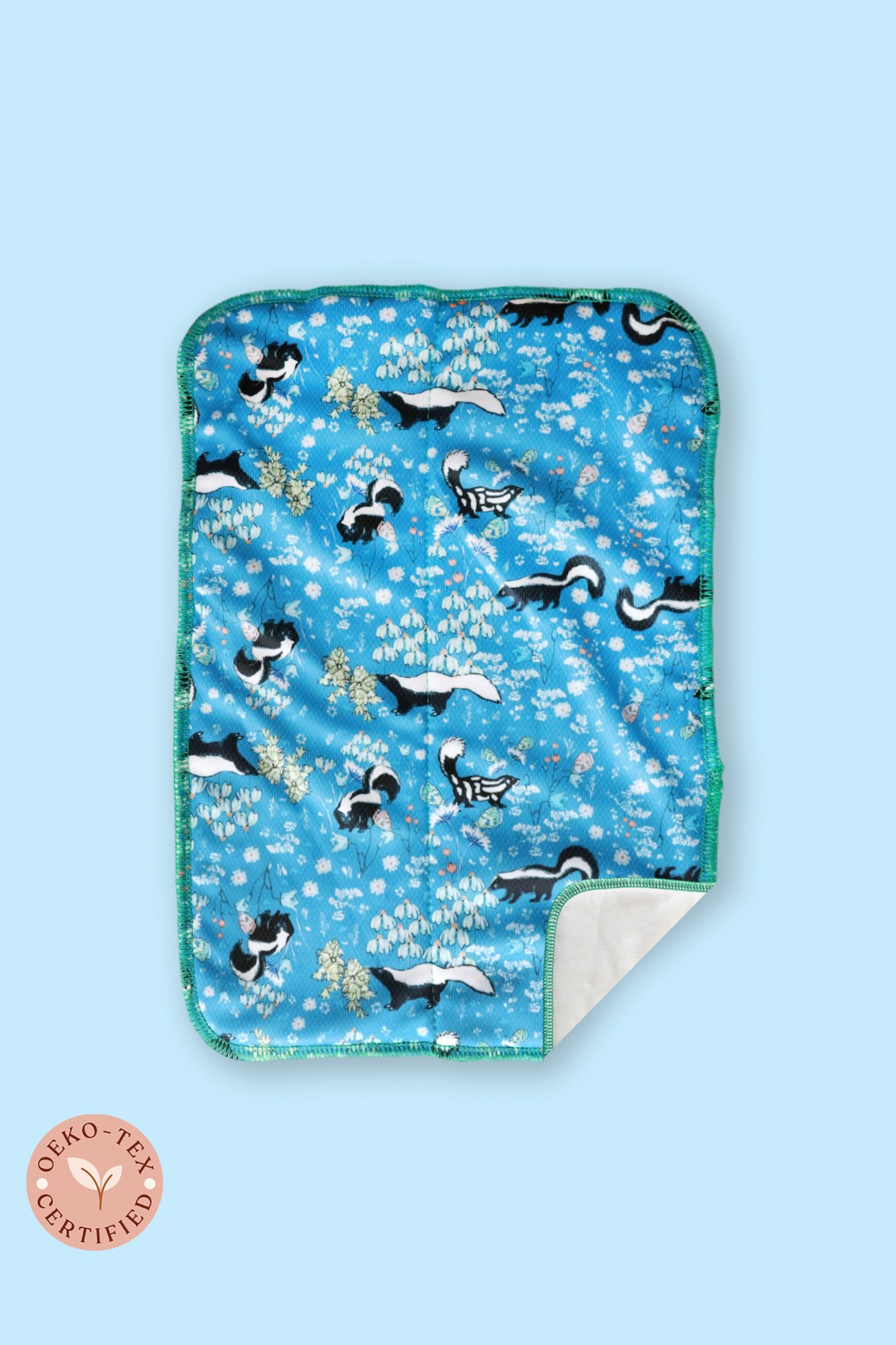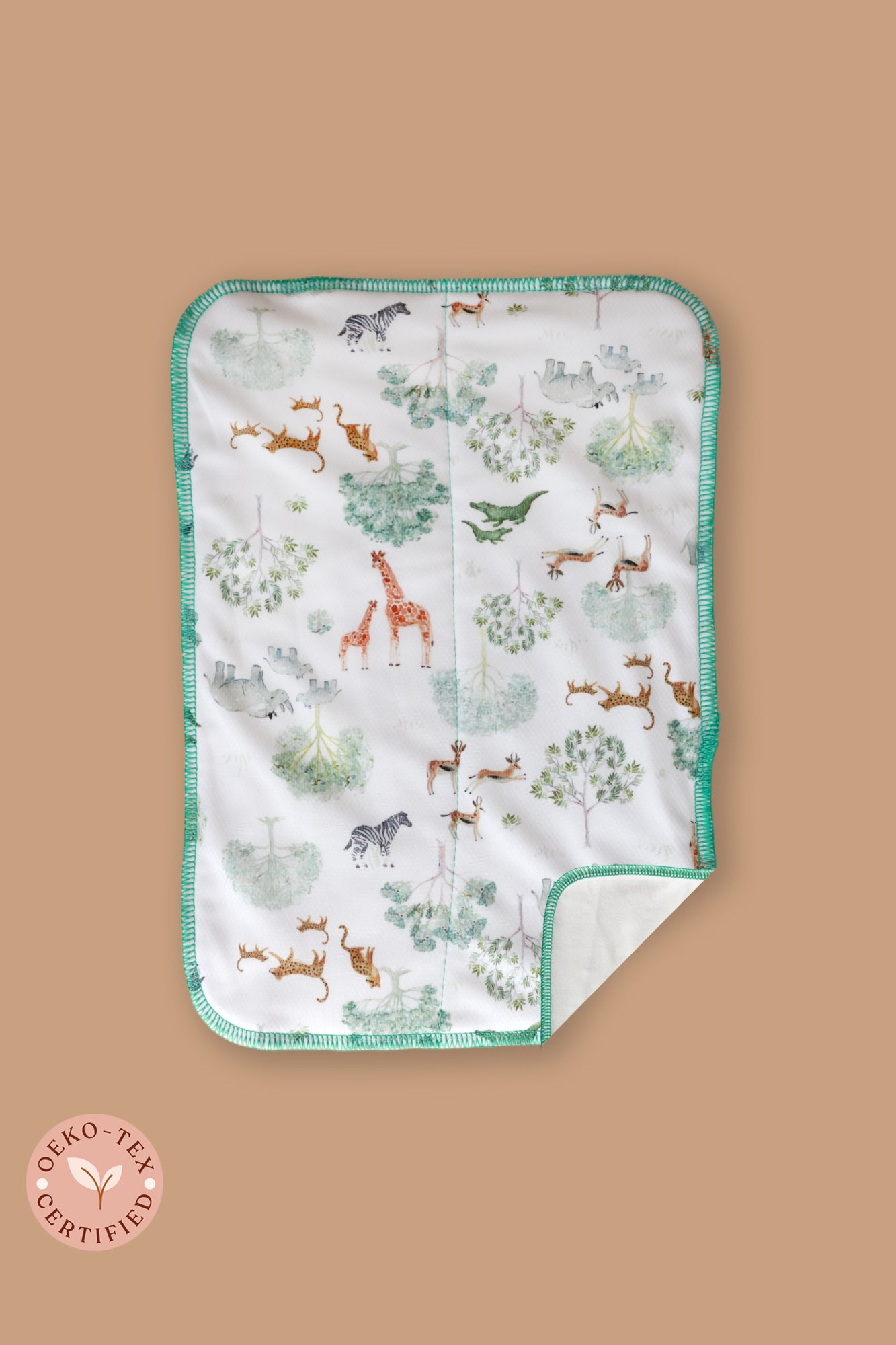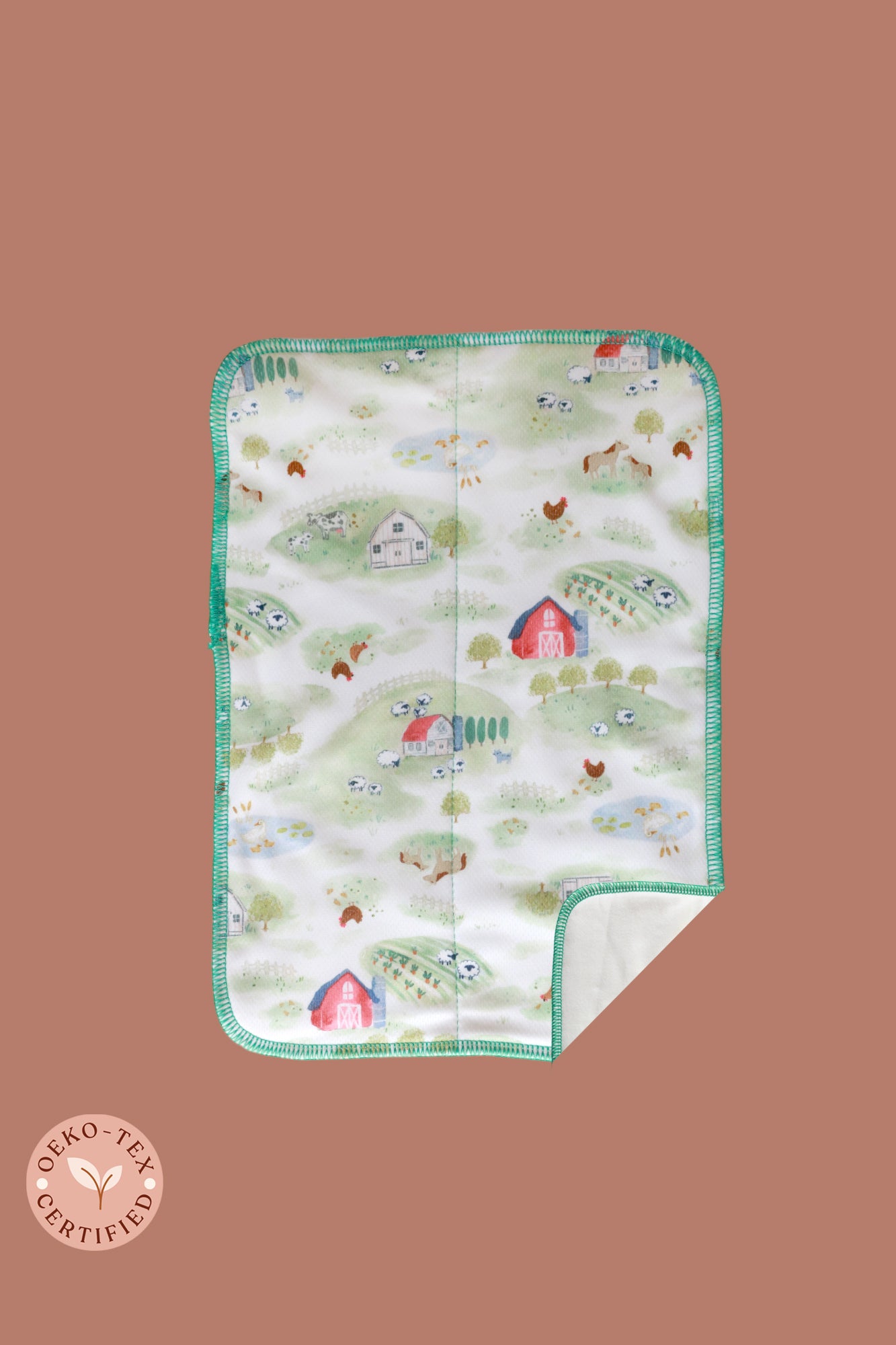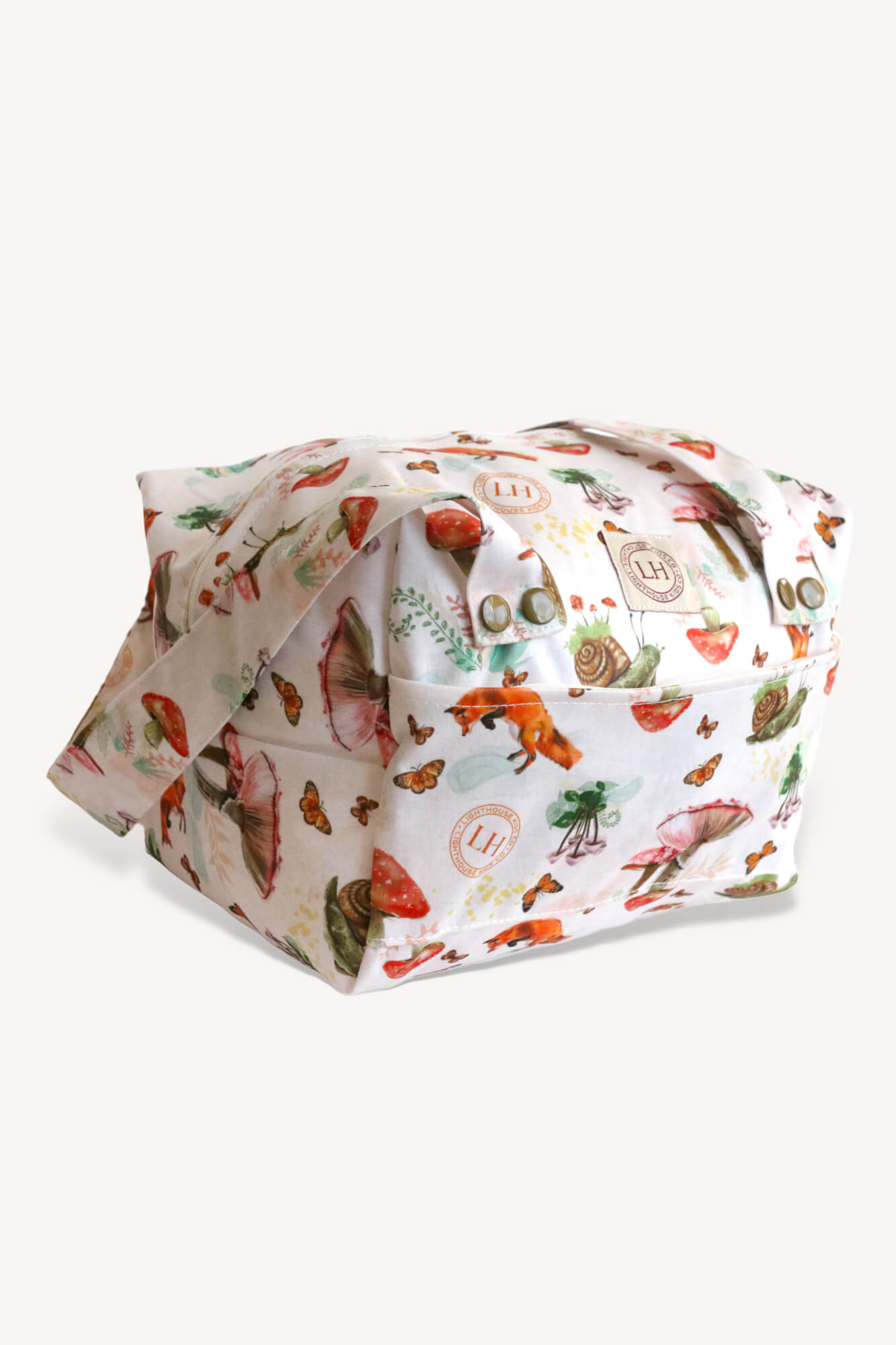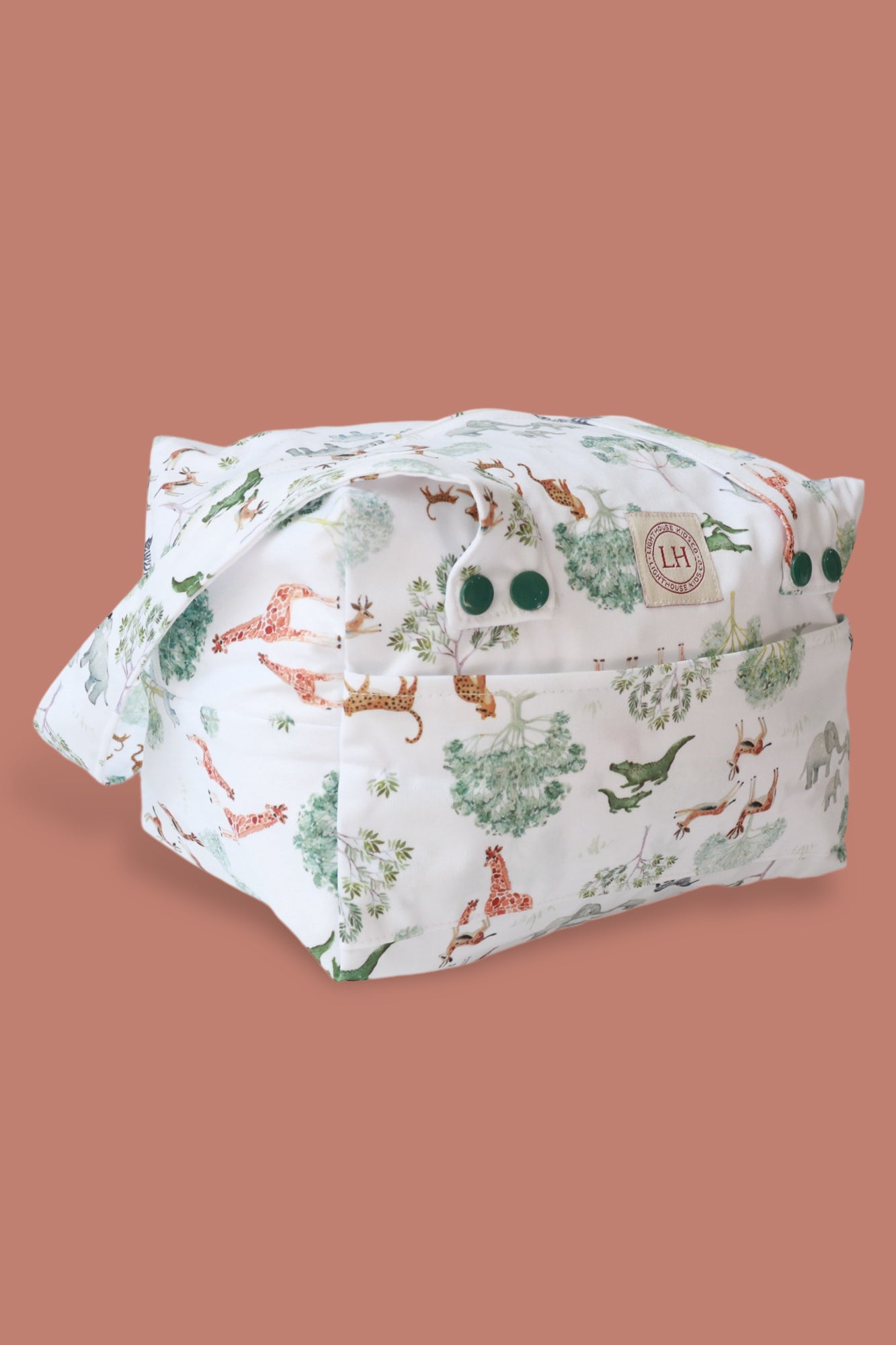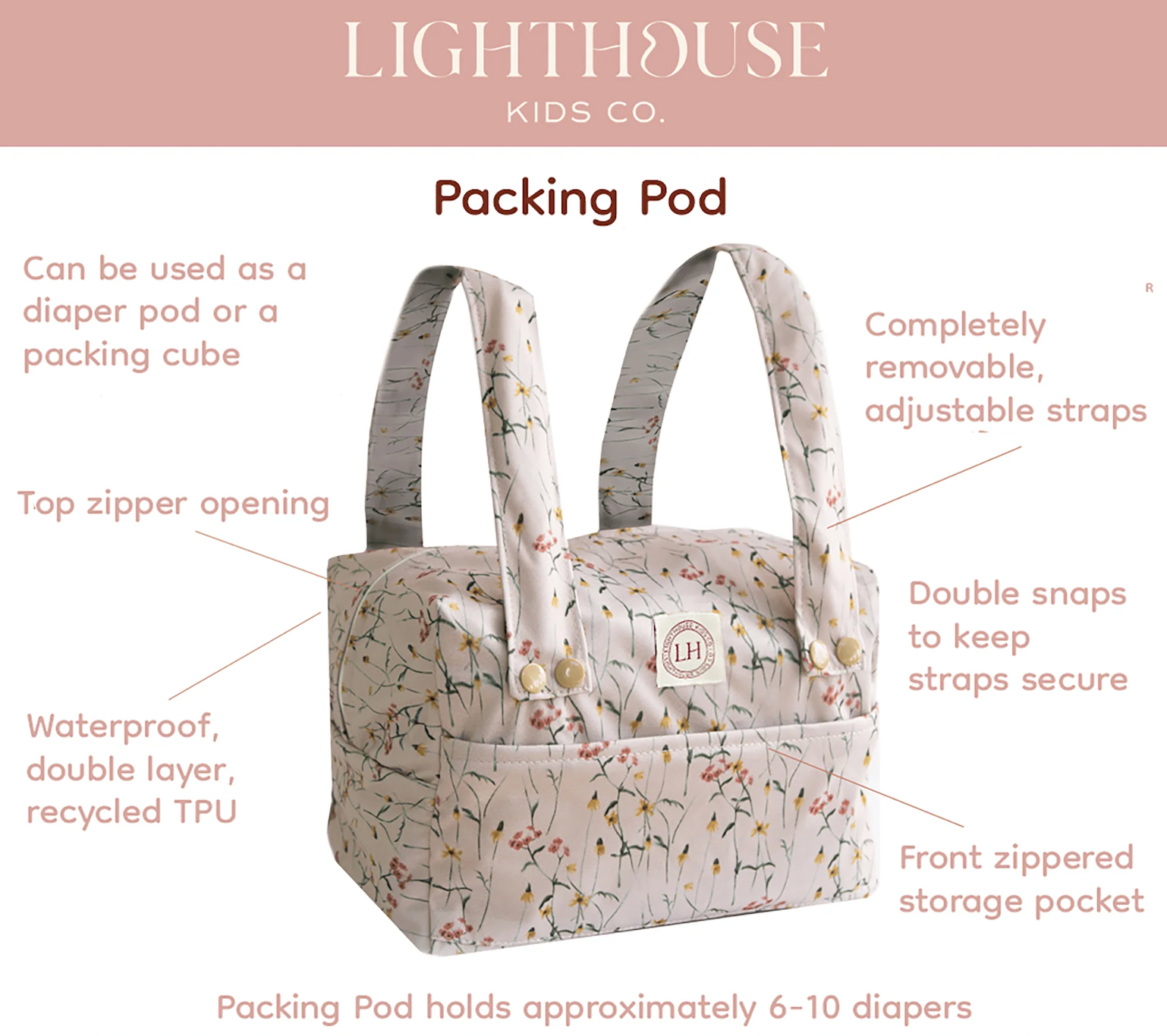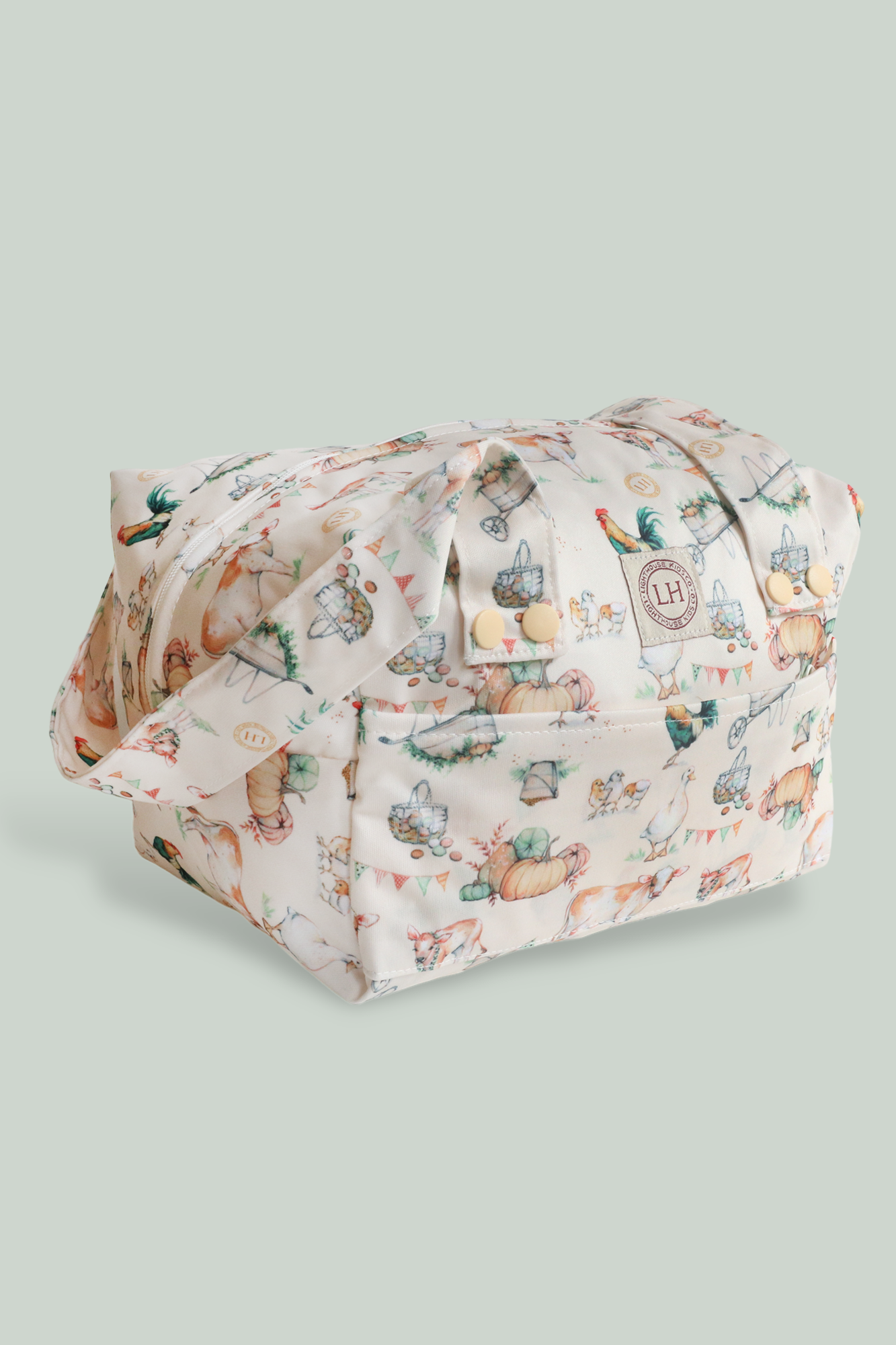Diaper Liners
How do Cloth Diaper Liners Work?
Cloth diaper liners are thin layers of fabric that serve as a barrier between a baby's skin and the diaper itself. They are designed to catch the poop before they soil the cloth diapers, making clean-up easier. Cloth diaper liners can be placed directly against the baby's skin or laid on top of the diaper, providing a protective barrier that helps prevent leaks and diaper rash. Some liners are disposable and biodegradable. This allows for easy disposal of solid waste without the need to rinse or scrub the diaper, and it's super convenient if you're out and about. Overall, cloth diaper liners play a crucial role in the effectiveness and convenience of cloth diapering, offering parents a reusable and eco-friendly alternative to disposable options while keeping their little ones clean, dry, and comfortable.
How do reusable cloth diaper liners compare to disposable ones in terms of effectiveness and convenience?
Reusable cloth diaper liners are generally considered as effective as disposable ones, if not more so, LKC liners are made from OEKO-Tex Certified Bamboo and can be customized to fit all of our cloth diaper types; All-In-One, Pocket diapers, or Cover Cloth Diaper.
While liners require washing after each use, many parents find them more convenient in the long run as they eliminate the need for frequent trips to purchase disposable liners and are more cost-effective over time.
Are reusable cloth diaper liners easy to clean, and what is the best method for washing them?
Reusable cloth diaper liners are generally easy to clean, and there are several methods for washing them effectively. After each use, any solid waste should be removed by shaking it into the toilet or using a diaper sprayer. Then, the liners can be rinsed under cold water to remove any remaining residue. After rinsing, they can be stored in a dry pail or wet bag until it's time to wash them. Liners can be washed along with the rest of the cloth diaper laundry. Line drying or tumble drying on low heat is recommended. Our reusable cloth diaper liners can last for a long time, making them a convenient and eco-friendly option for parents.
Can reusable cloth diaper liners cause irritation or rashes for babies with sensitive skin?
Our reusable diaper liners are designed to be gentle on a baby's skin, but there is still a possibility that they may cause irritation or rashes, if they are allergic to certain materials. The top of our reusable liners are made from Athletic Wicking Jersey, AWJ (Polyester based fabric), and the bottom from OEKO-Tex Certified Bamboo Velour. If your baby is allergic to these fabrics, there is a possibility of rashes.
How many reusable cloth diaper liners do I need to have on hand for daily use?
The number of reusable cloth diaper liners you'll need for daily use can vary depending on several factors, including how frequently you change your baby, how often you do laundry, and your personal preferences. As a general guideline, having around 20-30 cloth diaper liners on hand should be sufficient for most families. This would average about 10 diaper changes per day, with laundry occurring every 2-3 days.
What materials are typically used to make reusable cloth diaper liners, and are they environmentally friendly?
Lighthouse Kids only uses OEKO-Tex Certified Bamboo for safety. Bamboo is a renewable and eco-friendly material that is known for its softness and absorbency, and compared to our initial prototypes of cotton and hemp, Bamboo liners showed enhanced longevity and and performance even after months of washing. Bamboo is also naturally antibacterial and hypoallergenic, making it an excellent choice for babies with sensitive skin.
Are there any specific brands of reusable cloth diaper liners that are highly recommended by experienced parents?
Lighthouse Kids reusable cloth diaper liners are highly recommended by experienced parents for their quality, effectiveness, and durability.
Do reusable cloth diaper liners affect the absorbency or performance of cloth diapers?
Reusable cloth diaper liners are not designed to enhance the absorbency and performance of cloth diapers but rather contain solid waste. When used correctly, cloth diaper liners helps to contain solids to make it easier to launder your cloth diapers.
